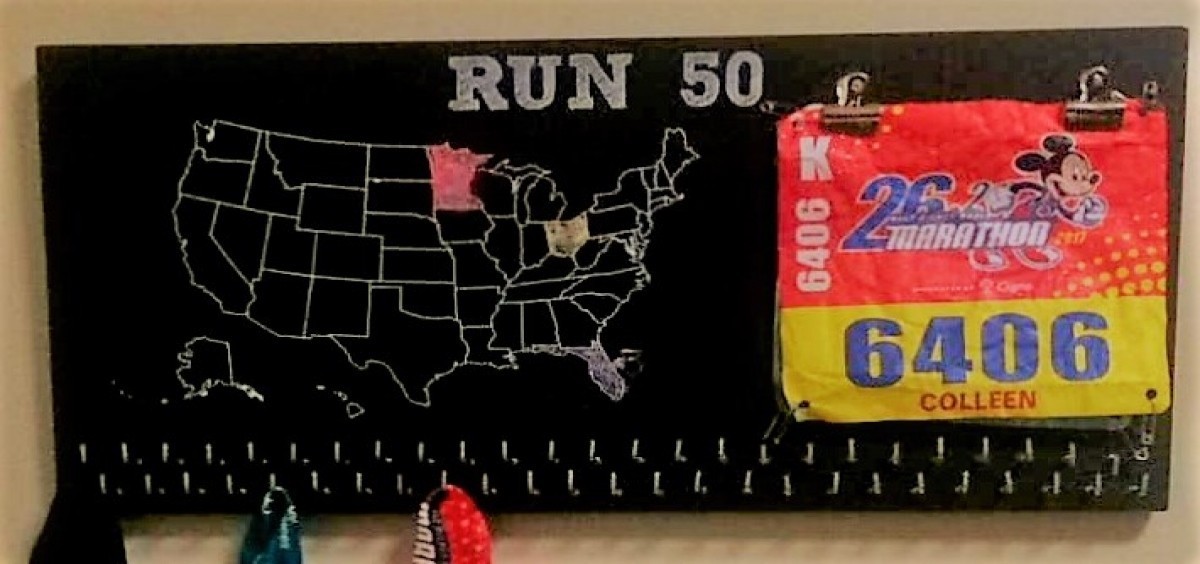
OU Student Runs Marathons Despite Hypothyroidism
By: Connor Kurek
Posted on:
An Ohio University freshman has ran three marathons and plans to run 47 more: one in each state.
She began her marathon plan two years ago and didn’t stop running, even when she learned she had hypothyroidism.
Just days after Colleen Murnane’s first marathon in Cuyahoga National Park in October 2015, she faced her diagnosis. Hypothyroidism stole her ability to stay awake. It happens when the thyroid stops producing enough hormones and the metabolism stops functioning correctly as a result.
“I started losing my focus in school; I didn’t understand what was going on a lot of the time,” Murnane said. “I did not feel like myself.”
It was the Friday night before a swim meet when symptoms became unbearable. The athlete began to fall asleep uncontrollably on the couch. She said she went to the bathroom and ended up sitting there for 30 minutes because she couldn’t remember why she was there.
Murnane said she got scared and called her mother. They went to the emergency room and that’s where her mother noticed her daughter’s hands and feet had dried out and turned orange, another symptom of the disease. The official diagnosis came the following Monday.
“The doctor told my mom that he had no idea how I ran a marathon,” Murnane said, “because my thyroid was so depleted, so to speak.”
She was prescribed medication and her condition improved. Training for her second marathon could begin. It took place in July 2016 in Minnesota where she raced 26.2 miles along Lake Superior.
Still, nothing has been perfect: Murnane faced constant trips to the doctor to check thyroid levels. And she’s faced other major adversities in her 19 years of life – the death of her father when she was seven.
Today, as an exercise physiology major, she balances her condition with school work, a job and training.
“If I’m too tired to do something, then sometimes I have to accept that,” she said. “I read a story once about people with debilitating diseases always carrying a spoon in their pocket. They’re always prepared, which I am.”
“I know when to stop, I know when to take a rest and I know that sometimes I just can’t do everything.”
But Murnane does what she can do: She can get up at 5:40 a.m. to train, she can run six, seven or eight miles before class no matter how cold it is outside and she can raise money for multiple sclerosis, a disease that has afflicted her mother, Debra Murnane.

